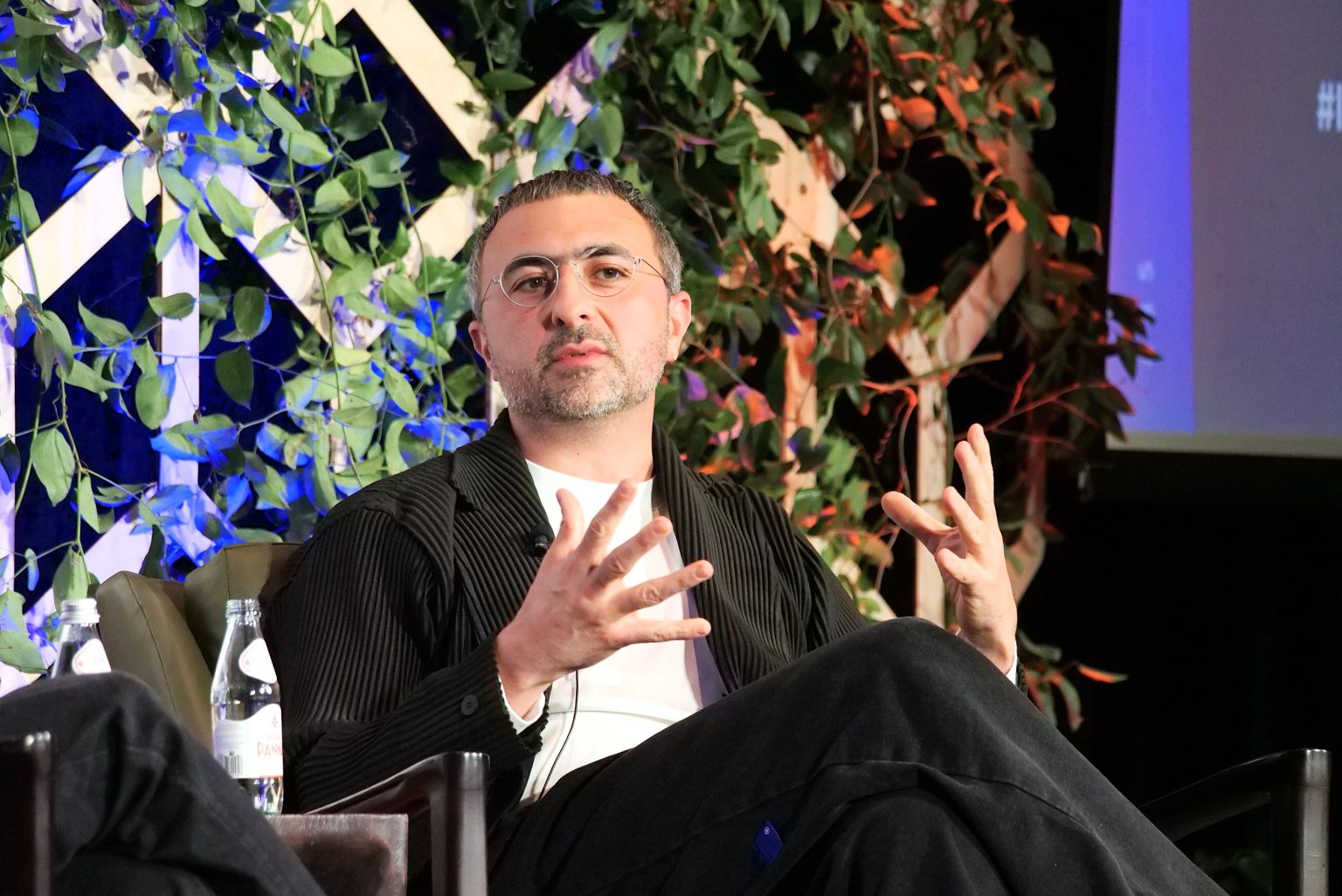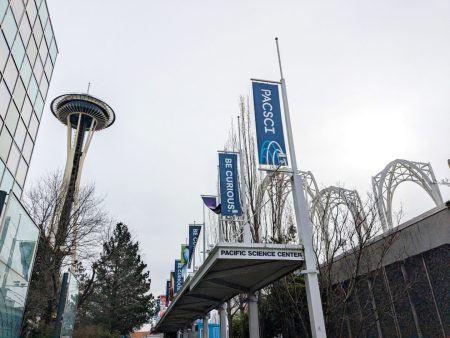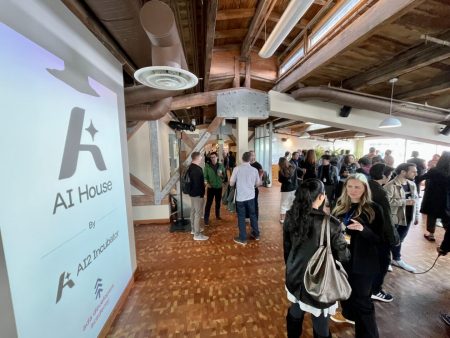Microsoft Forms Superintelligence Team, Balancing AI Advancement with Human Control
In an ambitious move that signals Microsoft’s evolving vision for artificial intelligence, the tech giant has established a dedicated Superintelligence team within its AI division. This new initiative, unveiled by Microsoft AI CEO Mustafa Suleyman on Thursday, represents a thoughtful approach to developing advanced AI systems that remain firmly under human guidance while tackling humanity’s most pressing challenges. The formation of this specialized team highlights Microsoft’s determination to be at the forefront of AI innovation while addressing growing concerns about the safety and ethical implications of increasingly powerful AI technologies.
At the heart of this initiative is what Suleyman describes as “humanist superintelligence” – a philosophy that envisions advanced AI systems designed explicitly to serve humanity’s needs while remaining controllable and aligned with human values. This approach stands in contrast to the more open-ended pursuit of artificial general intelligence (AGI) championed by Microsoft’s partner OpenAI and its CEO Sam Altman. While AGI aims to create systems with broad capabilities matching or exceeding human intelligence across virtually any domain, Microsoft’s superintelligence efforts appear more focused on developing powerful but carefully constrained AI systems targeted at specific high-impact problems. “We are not building an ill-defined and ethereal superintelligence; we are building a practical technology explicitly designed only to serve humanity,” Suleyman explained in his announcement, signaling a pragmatic approach that prioritizes real-world applications over abstract intelligence milestones.
The team has already identified several promising domains where advanced AI could deliver transformative benefits. In healthcare, Microsoft researchers are developing expert-level diagnostic models that could dramatically improve medical outcomes across diverse populations and geographic regions. The potential applications extend to clean energy as well, with AI systems accelerating breakthroughs in materials science, battery technology, and fusion research – areas critical to addressing climate change and sustainable development. These initial focus areas reflect Microsoft’s intention to direct its AI capabilities toward challenges with broad societal impact, potentially improving quality of life globally while demonstrating the responsible deployment of increasingly sophisticated AI systems.
Leadership of the new MAI Superintelligence Team brings together significant expertise in AI research and product development. Suleyman himself will lead the initiative, bringing his experience as co-founder of DeepMind and Inflection AI to the effort. He’ll be joined by Microsoft AI Chief Scientist Karén Simonyan and other core Microsoft AI leaders and researchers, forming a team with deep expertise in large language models, reinforcement learning, and AI safety. While Microsoft hasn’t disclosed the ultimate size of this new group, the involvement of key figures who have driven Microsoft’s model development suggests a substantial commitment of talent and resources to this initiative. This leadership structure combines theoretical expertise with practical experience implementing AI systems at scale – essential for navigating the complex technical and ethical challenges inherent in developing advanced AI.
What distinguishes Microsoft’s approach is its explicit emphasis on maintaining human control over increasingly capable AI systems. Suleyman emphasized advancing technology “within limits” – creating powerful AI tools that remain fundamentally aligned with human values and subject to human oversight. This balanced perspective acknowledges both the tremendous potential of advanced AI to solve previously intractable problems and the legitimate concerns about autonomous systems operating outside meaningful human control. The focus on “humanist superintelligence” reflects a growing recognition within the AI community that technical capabilities must develop in tandem with robust governance frameworks and safety measures to ensure beneficial outcomes.
Microsoft’s superintelligence initiative emerges at a pivotal moment in AI development, as companies race to build more capable models while governments worldwide contemplate regulatory frameworks to ensure responsible innovation. By explicitly positioning its efforts as building controllable, purpose-driven AI systems rather than pursuing unconstrained artificial general intelligence, Microsoft appears to be staking out a middle ground that acknowledges the transformative potential of advanced AI while respecting concerns about alignment and safety. As this team begins its work, their approach to balancing innovation with responsibility will likely influence broader industry practices and public expectations around AI development. The ultimate measure of success will be whether Microsoft can deliver AI systems that meaningfully address major global challenges while maintaining their commitment to human control and beneficial applications.















